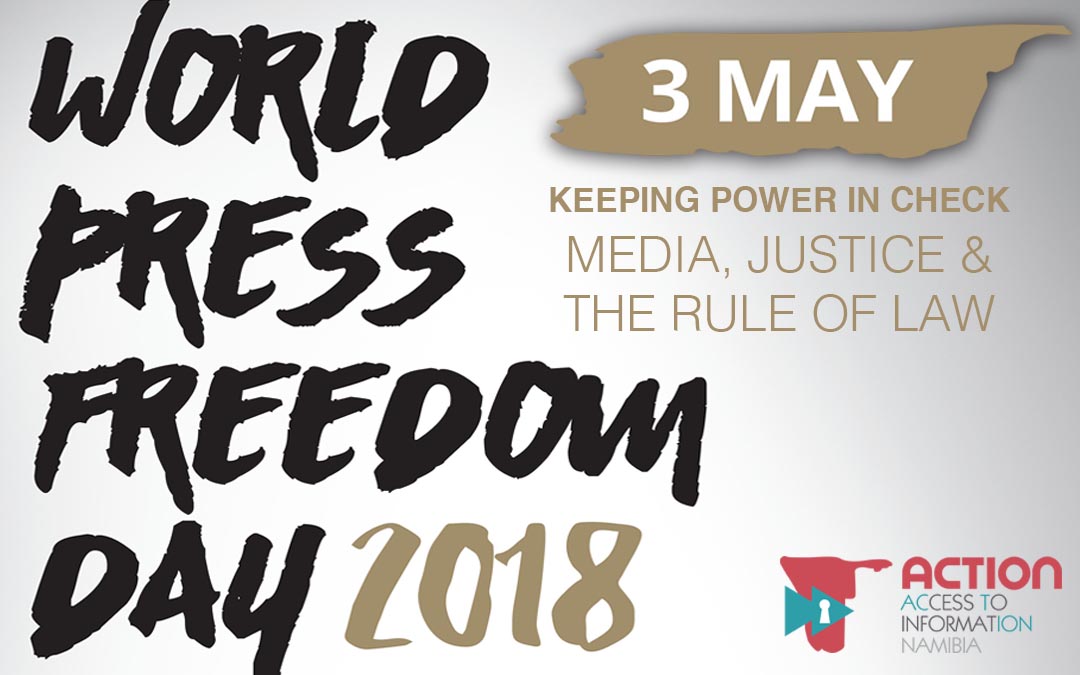BY FREDERICO LINKS – NAMIBIA remains a beacon of freedom of expression and media freedom on a continent where both are in short supply and continually threatened. Yet, we are now forced to take stock of where the country is headed in terms of these freedoms.
For while the Namibian government and senior politicians have consistently and justifiably been boasting about the continent-leading media freedoms constitutionally enjoyed in this country, last week’s announcement of Namibia’s drop from first place on the continental rankings of Reporters Without Borders’ (RSF) World Press Freedom Index now have to give us pause.
While such indices shouldn’t be taken as definitive truth – and Namibian journalists and media observers have certainly for years questioned the basis for the country’s consistently high ranking – they nevertheless serve as important markers and guides on developments and progress.
And on that score Namibia doesn’t appear to be progressing. It seems we have stalled and there are even signs of regression, as illustrated by the press freedom rankings.
And it’s not just in terms of media freedoms and freedom of expression where the flags of caution have to be raised at this time, but in terms of all major governance indicators as well.
Regarding such indicators, it is notable that RSF emphasised the continued absence of formal access to information mechanisms as a major reason for Namibia’s downgrade.
It is clear to anyone who bothers to look that despite presidential and government claims of increased transparency and accountability in the state sector in recent years, the opposite still largely appears to be the case in most government departments and agencies.
The bottom line is that the Namibian state now seems no more transparent and accessible than it was two or three years ago.
On top of that, according to sources, international media freedom watchdog organisations, such as the Committee for the Protection of Journalists (CPJ), have started looking at the Namibian media landscape with a sense of rising concern.
And this is arguably justified, for while there have been few actual instances of overt intimidation and harassment of journalists, threat levels have gone up perceptibly, as politicians and government officials appear to be increasingly rhetorically emboldened to outrightly attack or issue veiled threats to some journalists and media houses over their critical reporting of significant governance deficiencies in the state sector.
At the same time, state actors and politicians appear intent on curtailing, through monitoring and surveillance mechanisms (the cybersecurity ministry proposal from last year’s ruling party congress comes to mind) free expression on internet-based social media platforms. This could have a chilling effect on free, open and critical discussion and feedback of and on pressing national issues via such platforms.
Similarly worrying is the recent use of the apartheid-era Protection of Information Act by state security authorities to try and muzzle the media.
This surely has not escaped international notice and could yet harm Namibia’s press freedom ranking further.
In light of this, and with this year’s World Press Freedom Day appropriately themed ‘Keeping Power in Check: Media, Justice and The Rule of Law’, it is imperative for all concerned to urgently consider these glaring worrying signs.
As the shine gradually appears to be coming off the Namibian human rights success story, and in this instance specifically the media freedom success narrative, it would seem that we – all those invested in a human rights respecting order – have been presented with an opportunity now to ponder the implications of the direction that Namibia appears to be headed.
For this is a moment, this World Press Freedom Day, to reflect on how to strengthen our resolve and redouble our efforts in the never-ending fight for the freedoms necessary for the maintenance and enhancement of democracy and the creation of a truly prosperous and progressive society.
As we commemorate World Press Freedom Day 2018, it should be clear that fighting for a truly free media landscape and formal freedom of information measures has never been more important for Namibia’s still emergent democratic order than it is right now.
Frederico Links
Chairperson, ACTION Namibia Coalition
ENQUIRIES:
Email: info@action-namibia.org;
Tel: +264 61 230560

